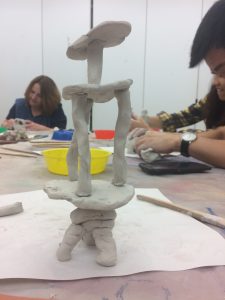The final Rose Café of the semester focused on cutting the cord and using internet based entertainment such as Netflix or other streaming services. The talk was timely because earlier this week I had talked to my parents about canceling our TV service in favor of a service such as YouTube TV. Luckily, my family has internet service that can support streaming services, so we have the opportunity to consider alternate services. However, the speaker stressed the importance of bandwidth and latency in internet services.
The speaker’s research focuses on determining consumer’s willingness to pay for increased bandwidth or decreased latency. This is a difficult problem because many consumers do not understand the differences and even when explained they might give inaccurate information when their money is not on the line.
It seems natural that more and more people will cut the cord and shift towards online options. I can easily foresee never subscribing to cable or landline phone in my life. Besides live sporting events, I almost never miss TV at school with online options such as Netflix. I am excited to see how these online services will enhance the user experience with TV instead of just moving the same content to a new device.

